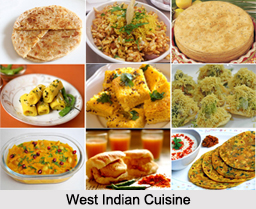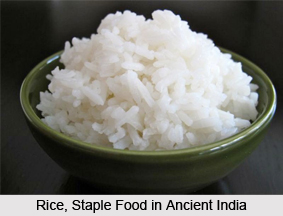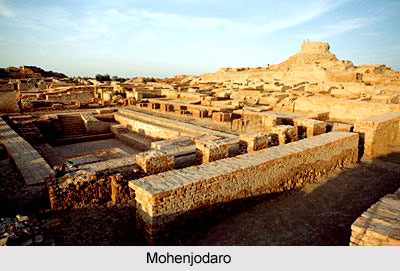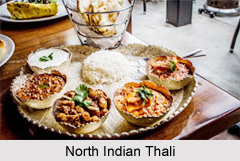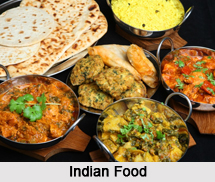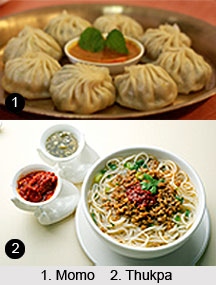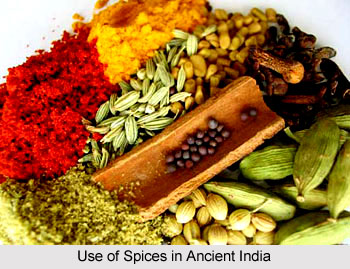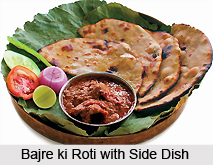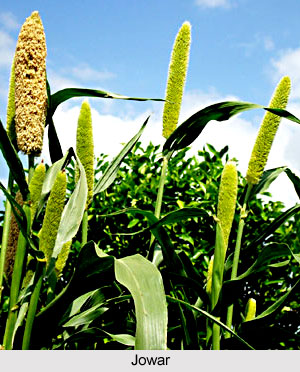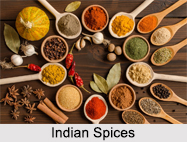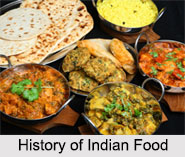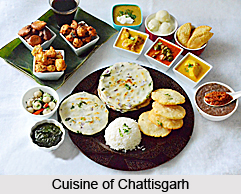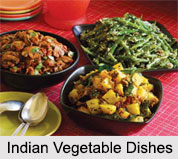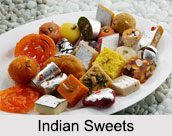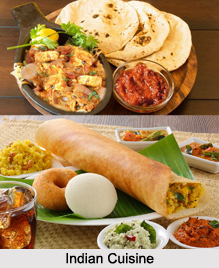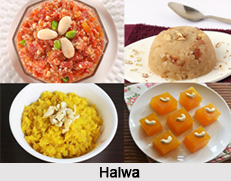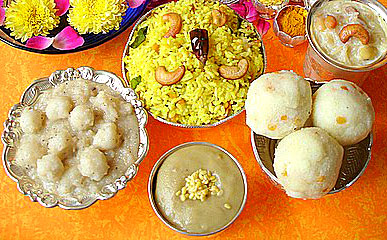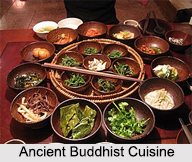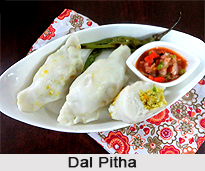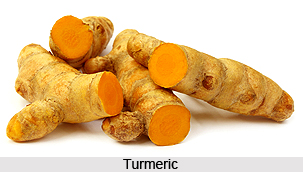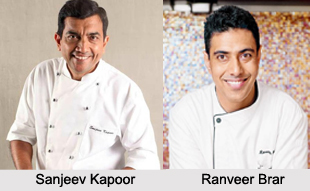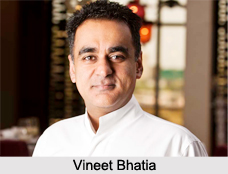 Vineet Bhatia has built an extraordinary reputation as one of the UK"s most exciting, creative and accomplished Indian chefs. His stunning plates showcase both the traditional and modern, featuring delicate spicing, innovative flavour combinations and more than a touch of panache.
Vineet Bhatia has built an extraordinary reputation as one of the UK"s most exciting, creative and accomplished Indian chefs. His stunning plates showcase both the traditional and modern, featuring delicate spicing, innovative flavour combinations and more than a touch of panache.
Early Life of Vineet Bhatia
Born in Mumbai, India in 1967, Vineet Bhatia got early culinary inspiration from his mother. He graduated with an economics degree.
Career of Vineet Bhatia
In 1988 he was recruited by the prestigious Oberoi hotel group as a "Trainee Chef". Working for the 3 years in their hotels in Khajuraho and New Delhi, he has covered all aspects of Indian cuisine. After completing his training, he stayed with the hotel group and was appointed as "Executive Chef" of the Mewar and Kandahar restaurants at their hotel in Mumbai. But he found these resolutely traditional kitchens too rigid, allowing him no freedom to experiment and develop his own Indian cuisine, so after a couple of years he decided to leave for the UK, arriving in 1993.
In 1999, Vineet Bhatia and his business partners opened “Zaikaâ€, initially located in Chelsea, but soon moved to Kensington High Street. Vineet Bhatia has now expanded his empire with executive consultancies and further branches in Moscow, Mauritius, Dubai and Geneva. In 2009, “Rasoi†was introduced by Vineet at the Mandarin Oriental.
In 2010, he returned to the location of his first "Executive Chef" position, the Oberoi Hotel in Mumbai, which he had left in the early nineties to make his name in Britain. Reopening the restaurant he once worked in, this time with his reputation as a world-class chef very much established, here he produces exquisite, modern Indian food which explores the subcontinent"s outstanding regional cuisines.
Achievements of Vineet Bhatia
In 2001 he was awarded a Michelin star, becoming the first Indian chef-proprietor to receive such an accolade. He became the only second British chef, after Gordon Ramsay to hold Michelin stars in more than one country.
This article is a stub. You can enrich by adding more information to it. Send your Write Up to content@indianetzone.com
Related Articles
Indian Chefs
Indian Food
Indian Regional Cuisines
Indian Street Food
Indian State Recipes
